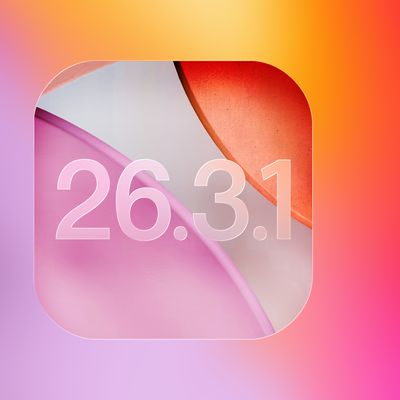While much of the focus of patent lawsuits involving Apple has revolved around Samsung and other major smartphone manufacturers in recent weeks, Apple this week faces two new lawsuits from smaller companies seeking to assert their intellectual property claims.

On Wednesday, mobile Internet communications technology firm Openwave Systems announced that it had filed a lawsuit and International Trade Commission (ITC) complaint against Apple and Research in Motion, alleging violation of five different patents across a broad spectrum of applications.
The complaint, filed at the International Trade Commission (ITC) in Washington, DC, requests that the ITC bar the import of smartphones and tablet computers that infringe Openwave patents, including, but not limited to, Apple’s iPhone 3G, iPhone 3GS, iPhone 4, iPod Touch, iPad and iPad 2; and RIM’s Blackberry Curve 9330 and Blackberry PlayBook. Openwave also filed a similar complaint in federal district court in Delaware.
“Openwave invented technologies that became foundational to the mobile Internet. We believe that these large companies should pay us for the use of our technologies, particularly in light of the substantial revenue these companies have earned from devices that use our intellectual property,” said Ken Denman, Chief Executive Officer of Openwave. “Before filing these complaints, we approached both of these companies numerous times in an attempt to negotiate a license of our technology with them and did not receive a substantive response.”
As noted by AllThingsD, Openwave appears to have a small yet fairly strong patent portfolio, suggesting that the company may have a decent chance of winning concessions from Apple and Research in Motion and forcing them into licensing discussions.

In other news, Canadian firm Wi-LAN today announced that it has filed suit against Apple and eight other major companies alleging infringement of two patents related to CDMA, HSPA, Wi-Fi, and LTE technologies.
Wi-LAN is generally regarded as a patent troll, having given up on product manufacturing and focused its business solely on attempts to license its intellectual property. The company has not been shy about filing lawsuits alleging infringement of its patents, and has in fact sued Apple several times in the past, most recently in a 2010 complaint targeting over two dozen companies for their implementations of Bluetooth communications technology.


















